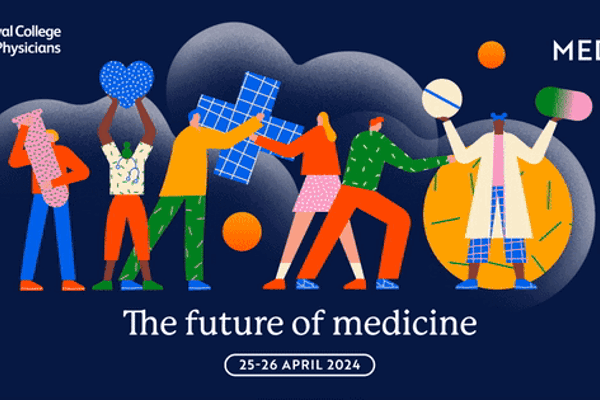The fourth annual survey of holders of the certificate of completion of training (CCT, the final qualification for specialist training allowing junior doctors to apply for consultant posts) has been completed. The survey, which covers the medical specialties in England, shows a hostile job market for consultants. Worrying findings include:
- an increase in the average number of applications made and falling success rates for being offered consultant posts across all specialties
- considerable variation between the medical specialties in success at getting consultant posts, with high unsuccessful application rates in some large specialties
- increasing numbers of ‘post-CCT posts’ rather than full consultant jobs being advertised and accepted.
These findings are likely due to the increasing number of CCT holders coming out of training into a financially-restricted NHS. Respondents to the survey reported that some trusts are struggling to sign off budgets for consultant posts.
Several specialties have a persistently high rate of unsuccessful applications ‒ endocrinology, gastroenterology, renal medicine and genito-urinary medicine ‒ even though many of those specialities have high numbers of potential candidates in training. Given that all are larger specialties, this difficulty may result in a large number of CCT holders without posts.
CCT holders are also increasingly making geographical stability their highest priority in selecting a post. New consultants are therefore willing to accept lower-paid jobs with less responsibility if they are able to remain in the area of the country in which they trained. The average age of obtaining CCT among the survey respondents was 36.9, an age when many doctors are likely to have young families.
Female CCT holders apply for fewer posts, tend to be more successful in getting interviews, and are significantly more likely to be offered a post. This suggests that female CCT holders are more selective in their applications and apply for posts that they are more likely to obtain. The number of female trainees gaining their CCT is set to increase over the next few years, compared with male trainees. The number of female medical registrars is 49.9% (compared with 29.4% for consultants) and compared with 45.1% in 2008.
Dr Andrew Goddard, director of the RCP’s medical workforce unit says:
This survey indicates that a cash-strapped NHS is struggling to employ newly-qualified consultants ‒ an example of hospitals being on the edge, since they are struggling to meet the needs of acutely-ill patients. The NHS needs to provide a consultant-delivered service 12 hours a day, seven days a week. We have the doctors coming out of training to do this, but we need to ensure there are the jobs available to keep them in the NHS. This survey adds to the growing body of evidence that shows the importance of national workforce planning based on rigorous data.
The RCP is calling for the new health system currently being implemented in England to embed medical-workforce planning at its heart. The new system must take account of the reluctance of many new consultants to move many miles from where they have trained, and the increasing numbers of women coming through the system. Work must start now to investigate how to improve flexibility in medical careers to help prevent over-supply of consultants in some specialities and under-supply in others.
For further information, please contact Lisa Cunningham, Public Affairs Manager, on +44 (0)20 3075 1468 / 07990 745610, or email Lisa.cunningham@rcplondon.ac.uk
- During April 2009, January 2010, January 2011, and January 2012, an electronic survey was sent to all doctors in the medical specialties obtaining their CCT in the previous 12 months. 343 replies were obtained in 2009, 391 in 2010, 419 in 2011 and 441 in 2012 giving response rates of 40.6%, 45.3%, 47.6% and 50.6% respectively.
- A CCT is the final qualification for specialist training allowing junior doctors to apply to consultant posts.
- Download the full report from the RCP website www.rcplondon.ac.uk/consultants-survey




